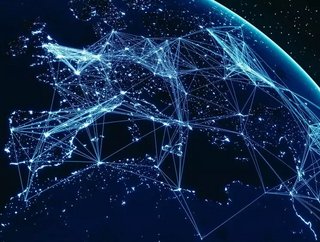How is the splinternet changing the world wide web?

In its original form the internet, created in 1989, allowed people to access virtually anything and be connected to others world wide. Recently it seems the internet has started to look less worldwide and is splintering into fractions, often within nations and regions.
What is the splinternet?
The splinternet is often referred to as ‘internet balkanization’, meaning the fragmentation of the worldwide web into smaller nationally administered internets. The splinternet limits citizens' access to data, makes companies keep data within borders, and can even have an impact on how or if they can operate within a state. The splintering is often due to a variety of factors such as politics, technology, nationalism or national interests.
China and its advanced splinternet
The Chinese government is in control of the ‘Great Firewall’, which is a collection of laws, technologies and policies that block foreign websites and censor what users can see. Facebook and Google are both banned in China, although the companies have tried to reach agreements in the past albeit with little success. These websites are then replaced by Chinese alternatives such as Weibo. China is now putting further restrictions on online speech, The Cyberspace Administration of China requires bloggers and influencers to have a government-approved credential before they can publish on a wide range of subjects.
Research published by Oracle found that China’s internet is effectively an intranet that would be able to function even if the rest of the worldwide web shut down. The former Google CEO, Eric Schmidt, shared his thoughts at an event about the possibility of different internets in the future. “I think the most likely scenario now is not a splintering, but rather a bifurcation into a Chinese-led internet and a non-Chinese internet led by America.”
Tensions have been high between the US and China over Huawei, a Chinese tech firm, that was previously targeted by former US President, Donald Trump, on the grounds of national security. Huawei has denied that it has any connections to the Chinese government.
Impact of the splinternet
Many world regions/nations impose data regulations, including India, Brazil and the EU. Most recently the Cambodian government has announced that it is adopting what is called the National Internet Gateway as a method of monitoring and controlling the data that flows into the country. The Prime Minister Hun Sen has signed a decree which will create a single point of entry for internet traffic regulated by a government appointed operator.
The most significant impact that the splinternet has on consumers is the limited access to information. From a business perspective it means having to adapt data strategies to try to remain viable in these different regions. Increasingly complex regulations and policies also increase the costs of running businesses and could cause many to shut down or exit the host nation.






